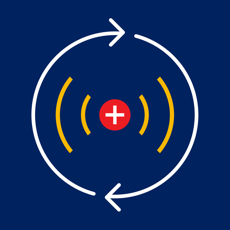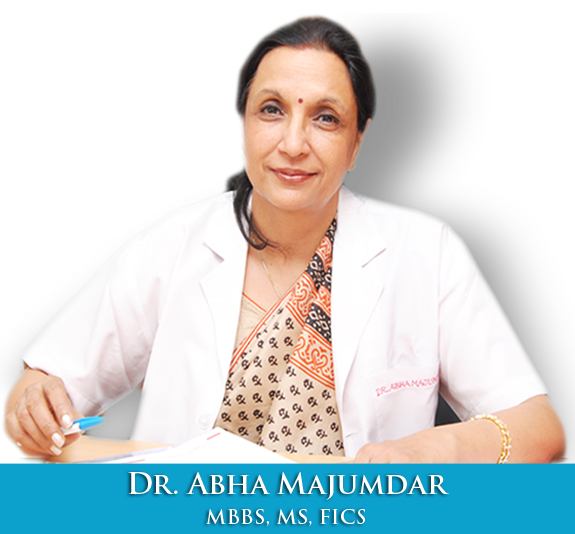Introduction to Fibroids
Uterine fibroids, also known as leiomyomas, are non-cancerous tumors that grow in or on the uterus. They are influenced by the hormones estrogen and progesterone and typically shrink after menopause.
Risk Factors for Fibroids
Certain factors can increase or decrease the likelihood of developing fibroids:
- Having one or more full-term pregnancies lowers the risk
- Using birth control pills generally reduces risk
- Smoking may reduce estrogen levels and lower fibroid risk
- High intake of red meat increases risk; vegetables may lower it
- Genetics and ethnicity (especially African-American women) are significant factors
Common Symptoms of Fibroids
Symptoms vary based on size, number, and location of fibroids. Common signs include:
- Heavy or prolonged menstrual bleeding
- Pelvic pressure or bloating
- Frequent urination or constipation
- Painful intercourse
- Infertility or recurrent miscarriage
Diagnosis of Uterine Fibroids
Medical professionals may use several methods to detect fibroids, including:
- Pelvic exam: Useful for detecting larger fibroids
- Ultrasound: Identifies size, number, and location
- Hysterosalpingogram (HSG): X-ray with dye to visualize uterine cavity
- Hysteroscopy: Direct view of uterine cavity using a small telescope
- MRI: Detailed imaging to differentiate fibroids from other conditions
- Laparoscopy: Minimally invasive surgery to confirm presence and location
Fibroid Treatment Options
Medical Management
Medications can manage symptoms or temporarily shrink fibroids:
- Hormonal therapy: Controls heavy bleeding
- GnRH agonists: Temporarily shrink fibroids before surgery
- Non-hormonal medications: Pain and bleeding control
Surgical Options
For more severe cases or fertility preservation:
- Myomectomy: Surgical removal of fibroids while keeping the uterus intact
- Hysteroscopic myomectomy: For fibroids inside the uterine cavity
- Laparoscopic myomectomy: Minimally invasive approach for smaller fibroids
- Hysterectomy: Complete removal of the uterus for women not seeking pregnancy
Frequently Asked Questions (FAQ)
- 1. What are fibroids?
- Fibroids are non-cancerous growths that form in or on the uterus. They are composed of muscle and fibrous tissue and vary in size and number.
- 2. What are the common symptoms of fibroids?
- Symptoms may include heavy periods, pelvic pressure, frequent urination, constipation, painful intercourse, or infertility. Some women may not have symptoms.
- 3. What causes fibroids to develop?
- Though the exact cause is unknown, hormones like estrogen and progesterone, genetics, and lifestyle factors are believed to play a role.
- 4. Who is at higher risk of developing fibroids?
- Women in their 30s and 40s, African-American women, and those with a family history or high red meat consumption are at greater risk.
- 5. How are fibroids diagnosed?
- Diagnosis is made through pelvic exams, ultrasound, hysteroscopy, MRI, or laparoscopy to determine the number, size, and location of fibroids.
- 6. Do fibroids always need treatment?
- No. Asymptomatic fibroids often require no treatment. Therapy is suggested for symptoms or fertility concerns.
- 7. What treatment options are available for fibroids?
- Treatments include medications, MRI-guided focused ultrasound, minimally invasive surgeries like myomectomy, or hysterectomy.
- 8. Can fibroids affect pregnancy?
- Yes, fibroids can increase the risk of miscarriage, preterm labor, and abnormal fetal positions, but many women still have healthy pregnancies.
- 9. Are fibroids cancerous?
- Fibroids are almost always benign. Cancerous uterine growths are rare and distinct from fibroids.
- 10. Can lifestyle changes help manage fibroids?
- While lifestyle changes won’t cure fibroids, a healthy diet, weight management, and reducing stress may improve symptoms.






